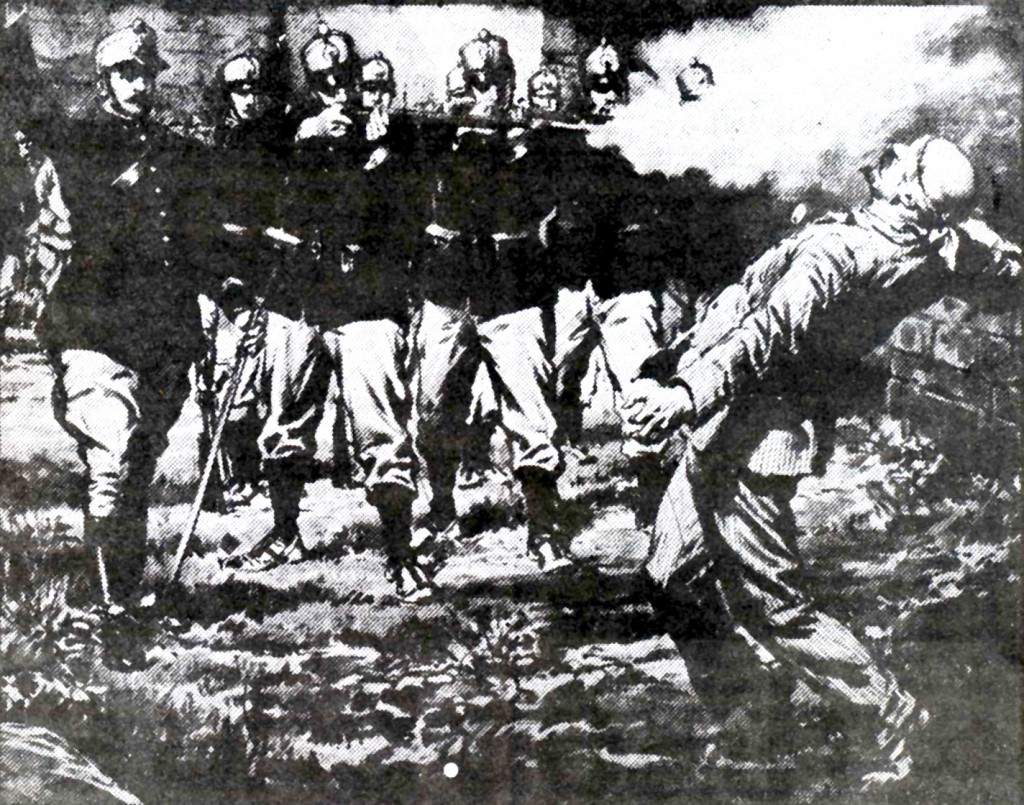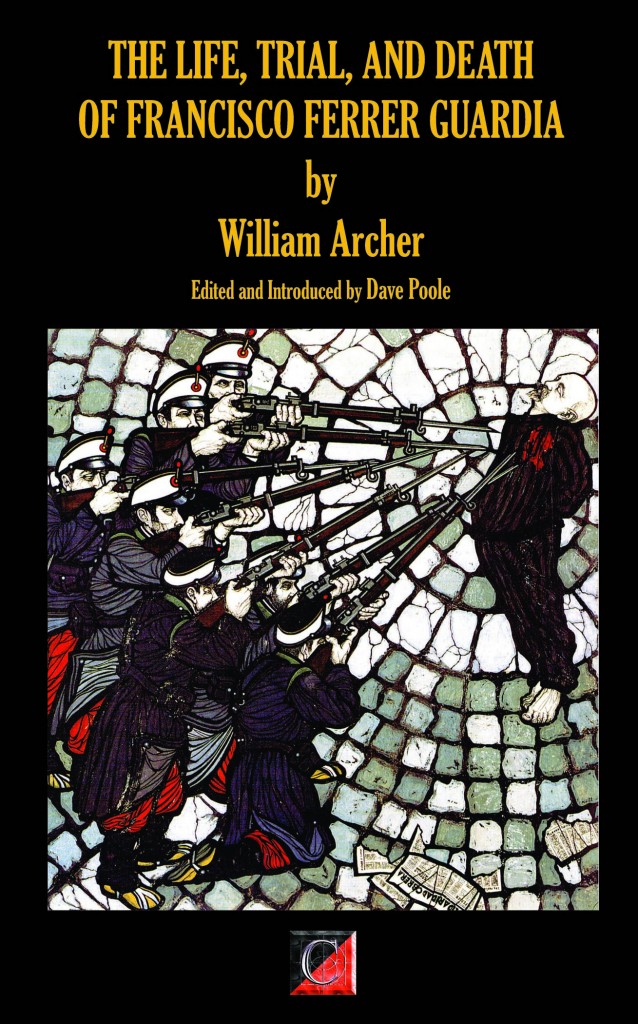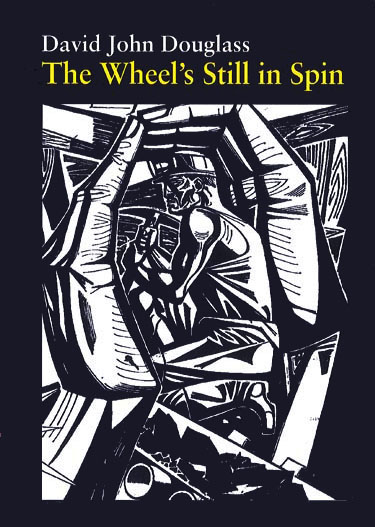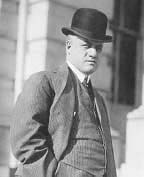 THE FALSE BARON VON KÖNIG. A dossier by Raymond Batkin. — Look Inside eBook £1.50/€2.00 (see eBookshelf ). Also available from Kindle and Kobo. Check out all Christiebooks titles HERE also ChristieBooks on KOBO — THE FALSE BARON VON KÖNIG. A dossier — £2.50.
THE FALSE BARON VON KÖNIG. A dossier by Raymond Batkin. — Look Inside eBook £1.50/€2.00 (see eBookshelf ). Also available from Kindle and Kobo. Check out all Christiebooks titles HERE also ChristieBooks on KOBO — THE FALSE BARON VON KÖNIG. A dossier — £2.50.
The so-called ‘Baron von König’ has been of interest to historians of the Spanish anarchist and anarcho-syndicalist movements since 1918, mainly because of his relationship with Superintendent Manuel Bravo Portillo, head of Barcelona’s Special Services Brigade (the then Brigada Politico-Social); that and the fact that on the latter’s death at the hands of a CNT (the anarcho-syndicalist labour union) defence group in September 1919, von König, a French secret service agent, took over as head of the pistoleros, the anti-union death squads funded by the Patronal, the Catalan employers’ confederation. Von König’s role as the killers’ gangmaster was explored in some detail in the three-volume work ‘¡Pistoleros! — The Chronicles of Farquhar McHarg’, but little was known about his activities pre- and post-Spain 1914-1920. Raymond Batkin has prepared the following dossier on ‘von König’s’ background following the publication of French author Éric Maillard’s biography (in French), Rudolf Stallmann alias Baron von König – Rodolfe Lemoine alias Rex; it is the first book based on the life of Rudolf Stallmann (his birth name) from his early years in Berlin through to his death in a French military prison in 1946.














